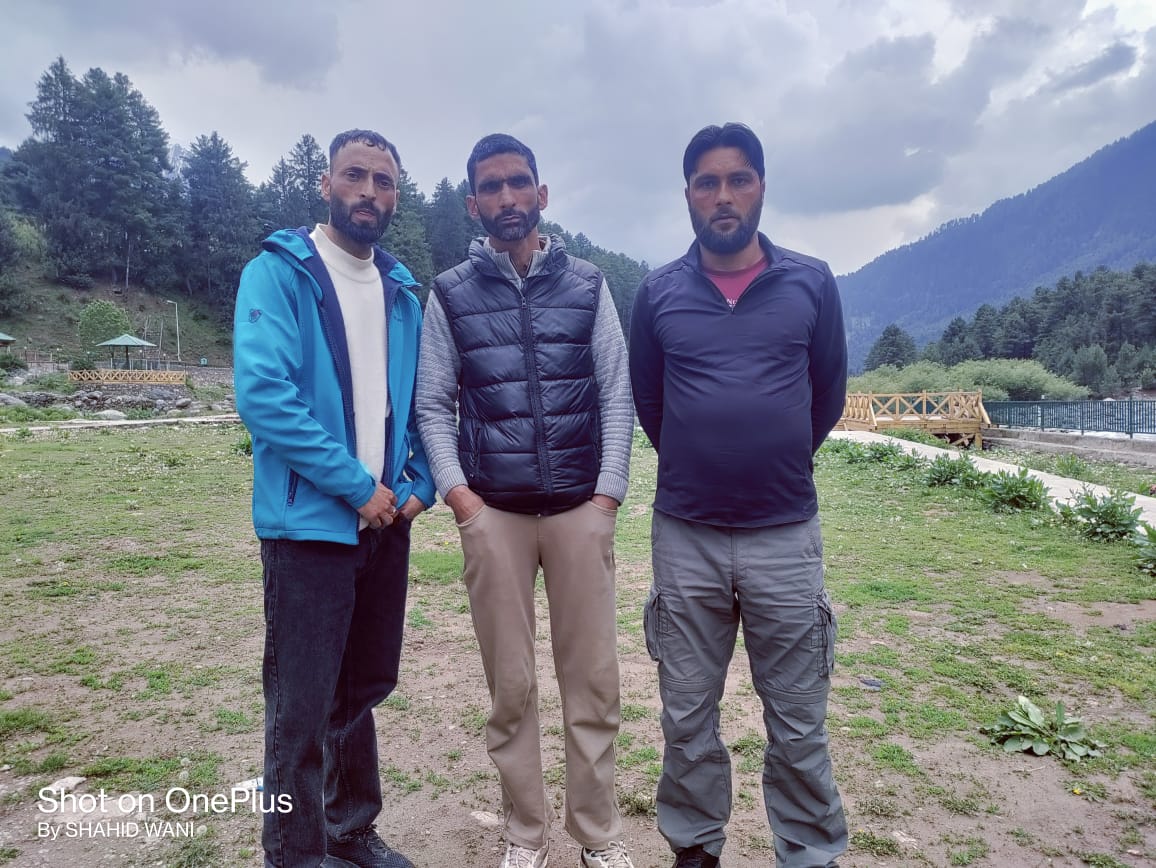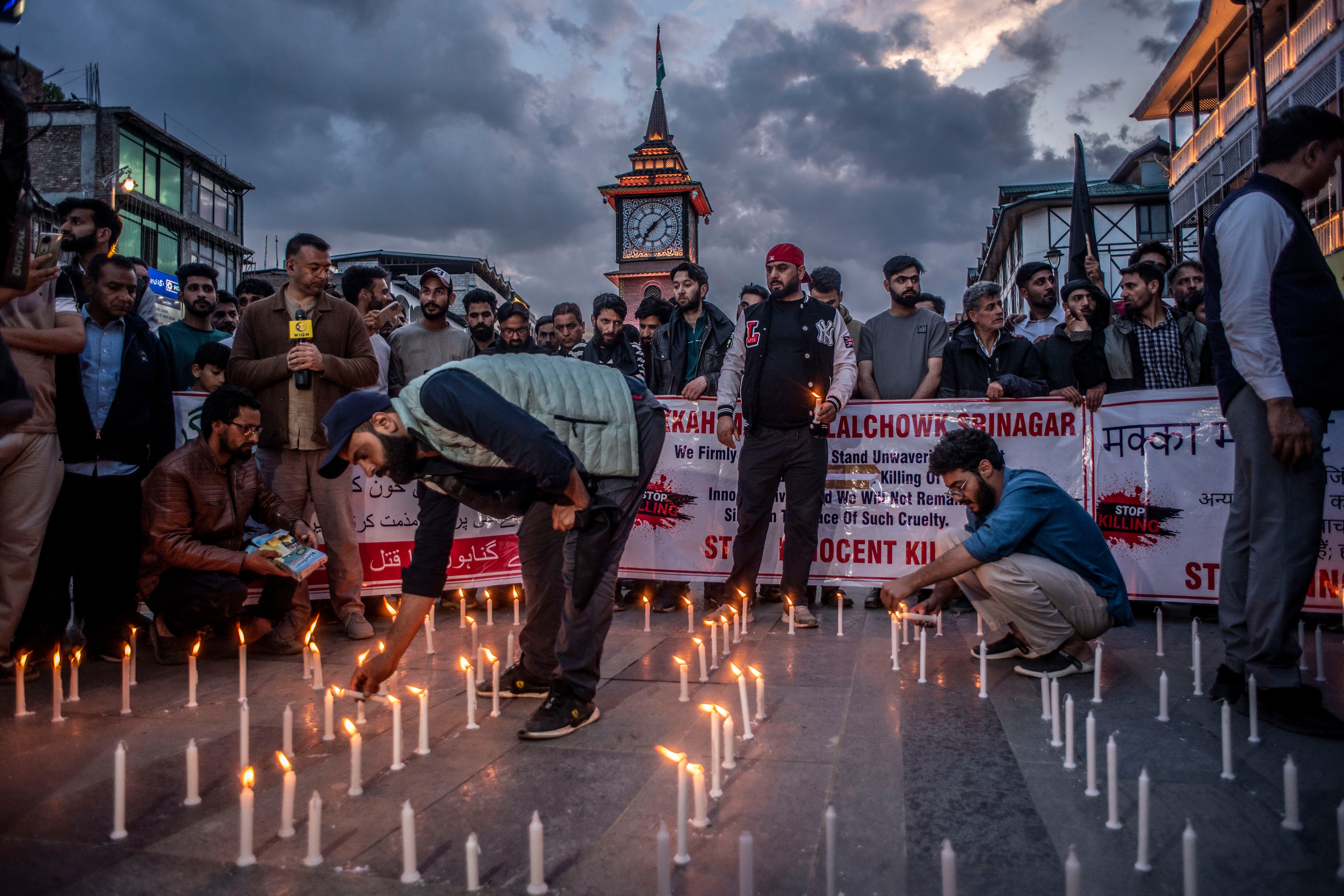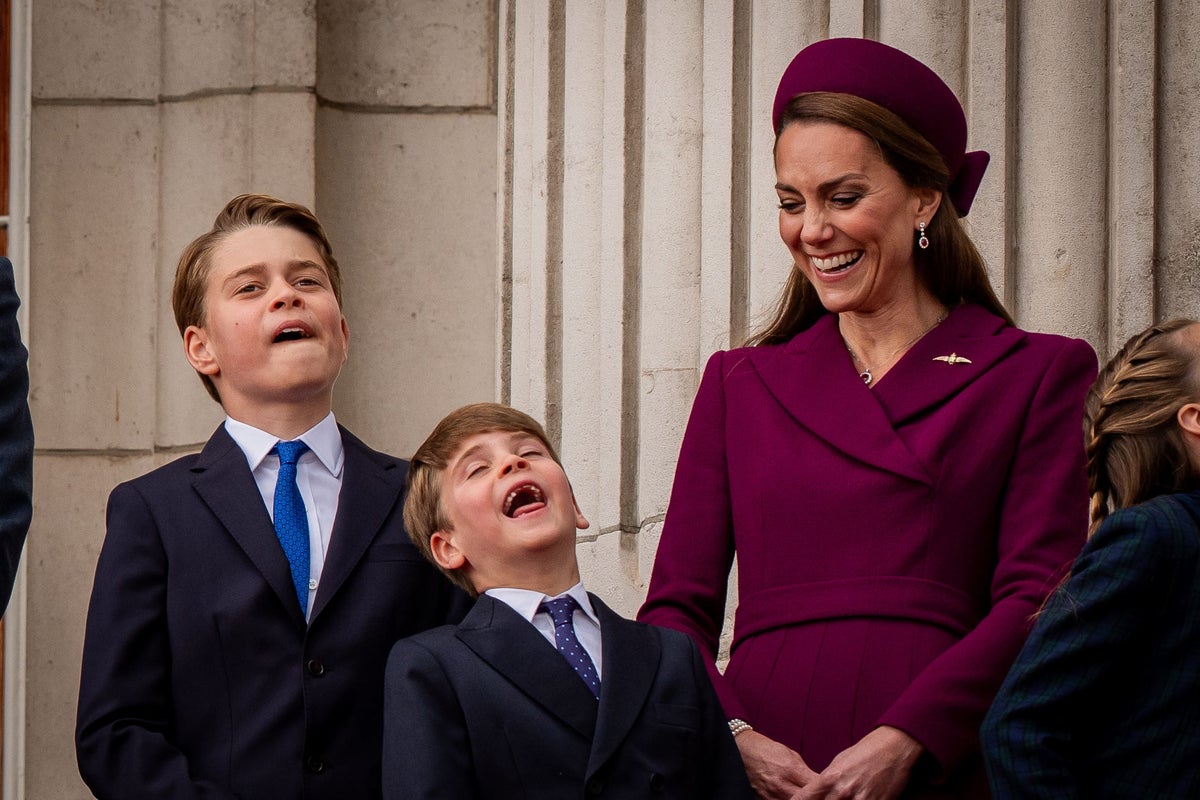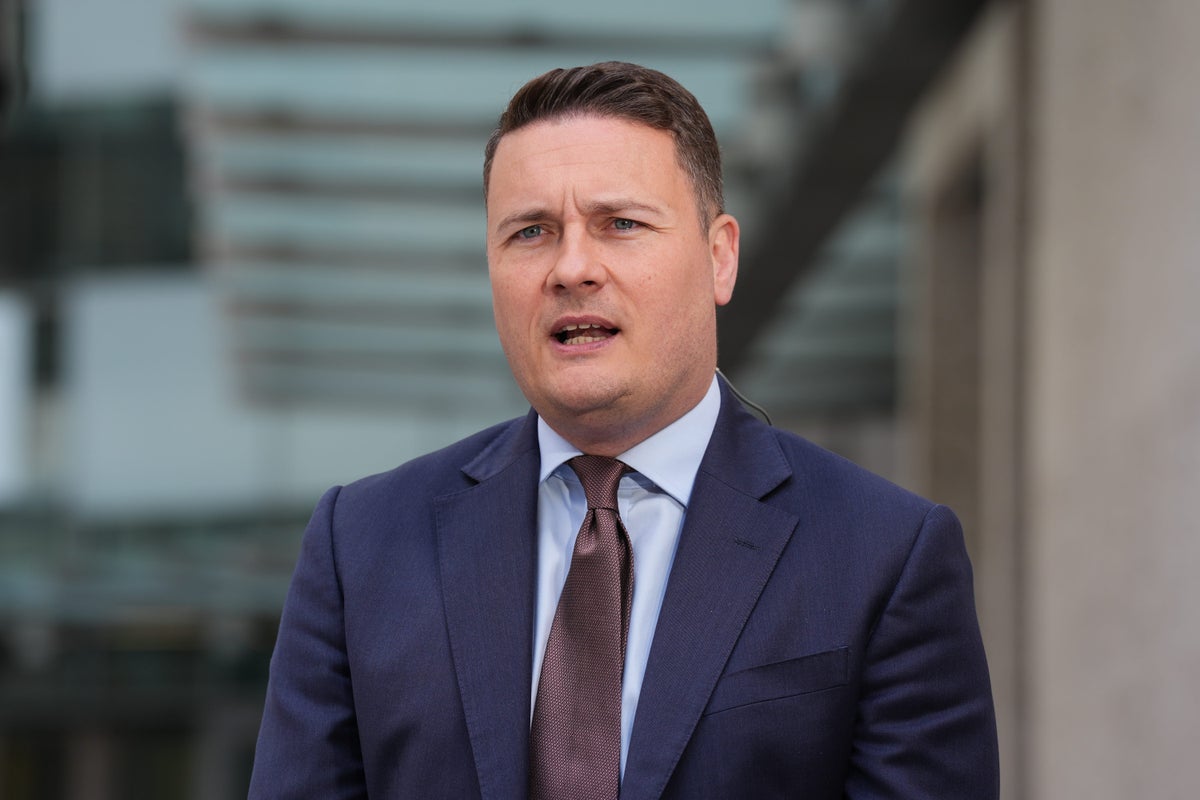ARTICLE AD BOX
In the moment when shots rang out and tourists were being gunned down in Pahalgam, Kashmir, Rayees Ahmad ran uphill – not away from the gunfire but towards it.
Ahmad, 35, head of the local association of pony handlers, was at his office when news of the terror attack at the Baisaran meadow, a picturesque remote clearing, crackled through on a poorly connected phone call. It was around 2.35pm.
“There has been an attack here and the tourists are being fired upon.” That was all he could hear before the line went out.
The attack at the popular tourist site on 22 April claimed 26 lives, most of them Hindu visitors, shocking the region and sending relations between India and Pakistan spiralling.
Among those killed that day was 28-year-old Syed Adil Hussain Shah, a pony guide who was shot while reportedly trying to snatch a gun from one of the attackers.
“There’s no network in the area,” Ahmad, who at the time did not know about the nature of the attack, tells The Independent. “I couldn’t get through to anyone. So, with six others, I ran towards Baisaran.”
What awaited them there was a scene of chaos. Crying tourists, wounded hikers, and sounds of panic ringing out through the isolated valley.
“We didn’t stop to think about our safety,” he says. “All we knew was that people needed to be saved.”
The Himalayan territory of Kashmir has been at the centre of two full-scale wars and many border conflagrations between the nuclear-armed neighbours, which both claim the Muslim majority region in whole but control it only in part.
The attack has put India and Pakistan on edge. New Delhi has accused the neighbouring country of harbouring and backing insurgent groups in the region. Islamabad has rejected the allegations and called for an independent investigation.

The attackers had vanished by the time Ahmad reached. “We first stopped the tourists heading towards the meadows and sent them back to safety,” he says, adding that he and his associates helped nearly a hundred people, preventing them from walking into the ambush.
The site of the attack at Baisaran, is inaccessible to road vehicles, and the first trained medical responders reached it by army helicopter. That was after Ahmad and a small group of rescuers used their ponies to guide injured tourists to safety over the rugged terrain.
“We cleaned wounds, gave water, carried people down. There was no time to think about our lives,” he recalls. “We just kept going.”
Ahmad says what happened on 22 April will be remembered forever. “That day was terrifying, a black day for all of us,” he says. “We’ve never seen such horror in Pahalgam.”
The attack has spawned a flood of Islamophobic rhetoric across India, from family and neighbourhood Whatsapp groups to major TV channels. Ahmad rejects any sectarian reading of the tragedy. “I did not see anyone’s religion that day. I saw humans. We were all human beings trying to save other human beings.”
And his message to the country is clear: “We will go backwards as a country if we keep fighting within ourselves.”

In the aftermath of the massacre there have been multiple reports of attacks and harassment towards Kashmiri Muslims living across India. One of the most serious incidents took place at the Universal Group of Institutions in Dera Bassi, in Punjab, where Kashmiri students were assaulted inside their hostel on 23 April.
According to distressing videos circulated online, a group of students and local residents entered the hostel carrying sharp weapons.
“They carry knives. We are not safe here. We fear we might be attacked,” a student is heard in a video, showing visible injuries and torn clothes. Nearly 100 Kashmiri students are enrolled at the college.
Punjab’s police chief, Gaurav Yadav, later said they had taken note of the incident and instructed local authorities to pursue legal action.
“Any attempt to incite hatred, disturb communal harmony will not be tolerated. We appeal to all citizens to act responsibly on social media. Please refrain from sharing or amplifying content that spreads misinformation or fuels discord,” Mr Yadav said in a statement reported by The Wire.
Jammu and Kashmir chief minister Omar Abdullah said at the time his administration was coordinating with states where such violence was being reported. “I’m also in touch with my counterpart chief ministers in these states & have requested they take extra care,” he posted on X.

Urging unity, Ahmad says the hate and violence now being directed at Kashmiri Muslims across India only deepens the pain of people who risked their lives to save the tourists.
“When I reached the site of the terror attack, I didn’t go there to be a hero. We saved whoever we could. No one was asked their religion,” he says.
The pain for Ahmad and other pony operators has not stopped. Business has evaporated. “We used to earn around Rs 4,000 (£35.70) a day. Now, we barely make Rs 10. We can’t survive like this for more than two weeks,” he says. “The entire neighbourhood is in mourning. The market, once bustling, is deserted.”
Ahmad has been in the tourism industry for 20 years. “When I started out, I was a daily wage labourer. Things changed after 2002. And after the Modi government came to power in 2014, tourist numbers grew to millions. But now everything’s gone.”

Still, he pleads with potential visitors: don’t stop coming. “If tourists stop coming, then the terrorists have succeeded. But if they return, the terrorists will have failed,” he says. “Thousands of Kashmiri youth like me are ready to give our lives to protect them.”
In the absence of tourism, he warns, young men dependent on the industry for their livelihoods may go down dangerous paths. “This is what the attackers want, to rob the youth of a future,” he says. “Tourism is our hope.”
He condemns the attack unequivocally. “There is no forgiveness for such an act in our religion,” he says. “In Islam, the killing of innocent people is the murder of humanity itself.”









 English (US) ·
English (US) ·